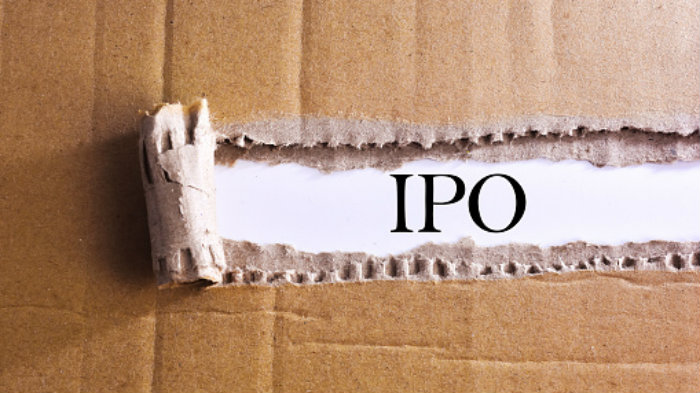Roots Corporation filed its preliminary prospectus September 13, and while it’s light on details, there’s enough meat on the bones to read between the lines.
The iconic Canadian retail brand is looking to raise $200 million from investors just a few months after Canada Goose Holdings Inc. (TSX:GOOS)(NYSE:GOOS) went to market, raising almost $300 million for selling shareholders and another $100 million for the company itself.
Fool.ca contributor Ambrose O’Callaghan wonders if Roots can deliver the same IPO success as Canada Goose did back in March.
“Like the Canada Goose brand, Roots prides itself on being a Canadian manufacturer of a different flavour of luxury goods,” wrote O’Callaghan September 13. “The Canada Goose brand boasts top-line utilitarian products that are also highly fashionable, whereas Roots was built on the co-founders called ‘rustic luxury’ goods.”
There’s no question that Roots, the brand, is a known commodity, just like Canada Goose. However, brand loyalty and profits don’t always mix.
Before you pull out the cheque book to buy into the Roots IPO, you’ll want to ask yourself three questions before taking the plunge.
How much will the company get?
Nothing.
All of the proceeds will go to Roots’s selling shareholders. Currently, Searchlight Capital Partners, the private-equity firm that acquired majority control of Roots back in December 2015, owns 79.4% of the company; the founders Don Green and Michael Budman and certain family members own 20%; and key executives own the remainder.
If reports are accurate, Roots is looking to raise as much as $200 million in the IPO. Based on an estimated $700 million valuation after successfully listing its shares on the TSX, Searchlight Capital and the founders are looking to sell about 30% of the business to the public retaining 70% control.
What about Roots’s debt?
Roots had $122 million in long-term debt at the end of July. Before Searchlight Capital Partners acquired Roots, it had $16.3 million outstanding, all of it lent by the founders.
As is typically the case with private equity, the new owners took out loans to cover part of the $302.7 million payment made to Green and Budman in December 2015 when it acquired majority control of Roots.
Let’s break it down.
Searchlight paid $263.6 million cash and issued 39.2 million Class B shares to the founders for 80% of the company. That means it valued Roots in 2015 at $378 million.
So, of the $263.6 million cash payment, $111 million was paid through a term loan the new owners took out on the company, meaning it contributed $152.6 million of its cash to buy 80% of Roots.
Annual interest expenses went from $2.1 million in fiscal 2014 to $6.1 million in the latest 12 months through July 31.
So, the company went from debt to equity of 37% to 71% today. Given that Roots won’t receive any of the proceeds from the IPO, I would want to know how it plans to repay almost $100 million due within the next three to four years.
Why a $700 million valuation?
Bloomberg’s reported that people close to Roots put the value of the company at $700 million. What they don’t say is whether that’s market cap or enterprise value.
If it’s enterprise value, the shares themselves would be worth $578 million post-IPO. If its market cap, then the company’s value jumps to approximately $822 million, or 17% higher.
The difference between $700 million and $822 million isn’t chump change. But let’s assume for a moment that its enterprise value is the higher number.
According to its latest financials, that puts its enterprise value at 18.3 times its adjusted EBITDA for the latest 12 months and 12.1 times the high end of its 2019 estimate of $68 million for adjusted EBITDA.
That’s a big multiple, even with projected sales expected to grow by 15% annually over the next two fiscal years.
By comparison, Canada Goose’s enterprise value is $2.8 billion, or 34.2 times its 2017 adjusted EBITDA. However, over the past three years, Canada Goose grew its sales and adjusted EBITDA by 36.0% and 47.6%, respectively.
While Roots has got a great brand, I’m not sure it justifies a doubling of its enterprise value in less than two years.
Bottom line
I’ll have a lot more questions once the final prospectus comes out. From where I sit, Roots’s IPO is not looking very attractive.
However, Searchlight Capital Partners is on track to deliver an annual return to its shareholders of 92%.
 Spring Sale
Spring Sale








